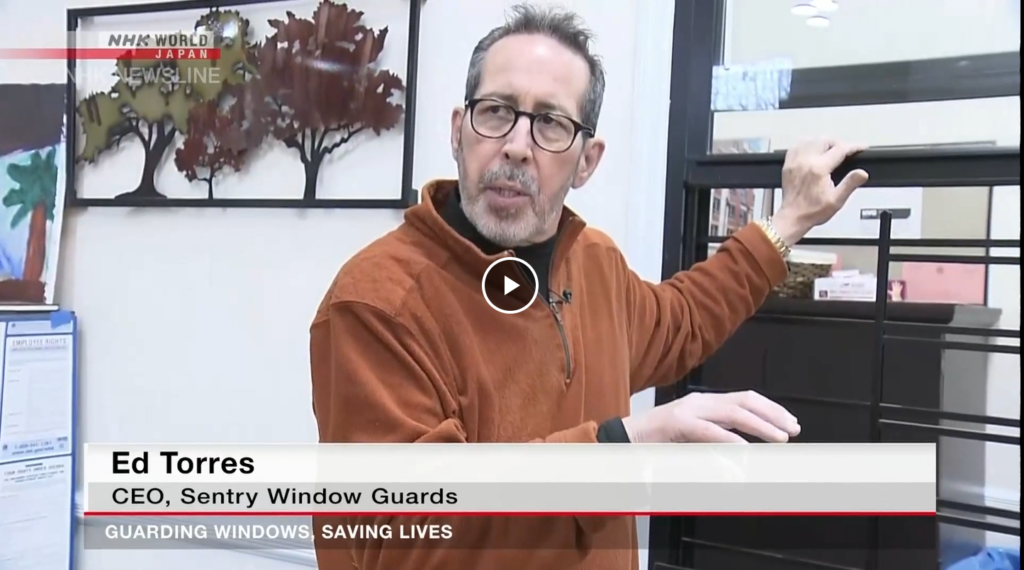The hurricane season in New York runs from June to November, with the peak potential for hurricanes occurring between August and October. Are you and your home ready to face these natural challenges? While many hurricane predictions provide a few days of warning, certain weather patterns may give you mere minutes. Familiarizing yourself with the region’s major weather patterns and alert systems can significantly aid your preparedness efforts. Below, we’ve outlined steps that anyone can take to ensure readiness for hurricane season or any upcoming severe weather events. Although you may never need to implement these preparations, they can be invaluable in the eye of a storm.
1).Assemble a Go Bag for Emergency Evacuation
Prepare a go bag that contains essential items for each family member to sustain them during a potential evacuation. FEMA recommends a 72-hour supply of food, water, medications, and other essentials for each family member. Make sure your go bag includes first-aid supplies, flashlights, batteries, a whistle for signaling help, copies of crucial family documents, portable phone chargers, cash, backup medical equipment, toiletries, and sleeping bags or bedding.
2) Establish an Emergency Communication Plan
Ensure that every member of your household understands what actions to take during a weather emergency, how to reconnect with each other, and how to communicate effectively. Determine a convenient and safe meeting point before an evacuation. It’s important to teach children not to hide from emergency responders like police and firefighters, who are there to help.
3) Stay Informed with Notify NYC and Wireless Emergency Alerts
Enroll all family members with cell phones in the Notify NYC alert system, New York City’s official source for emergency alerts and essential city services. Stay connected with this system by setting up alerts through email, text, telephone, or social media. Additionally, subscribe to wireless emergency alerts on all cell phones. When the National Weather Service issues alerts, these warnings are sent instantly to WEA-enabled devices within the affected area, covering events like tornadoes, flash floods, hurricanes, dust storms, extreme winds, tsunamis, AMBER Alerts, and evacuation orders.
4) Safeguard Your Home Ahead of the Storm
Take proactive measures to protect your home and belongings before a storm hits:
- Prune weak branches from trees and shrubs near your home.
- Move outdoor items indoors, including patio furniture, decorations, grills, potted plants, bicycles, and toys.
- Install storm shutters or attach plywood to window frames to limit window damage.
- Inspect and repair your roof to withstand wind and flying objects.
- Clear and maintain gutters to ensure proper water drainage and prevent leaks.
- Turn off accessible water, gas, and electrical lines before evacuating.
- If possible, park your vehicle in a covered area, like a garage.
By following these steps, you can be better prepared to face hurricane season or any unforeseen severe weather events. Remember, preparation is key to ensuring the safety of yourself, your family, and your home. At Sentry Window Guards we make it our mission to help keep families safe in New York. For more information regarding our window guard products and our expertise in understanding NYC safety requirements, contact us today!









